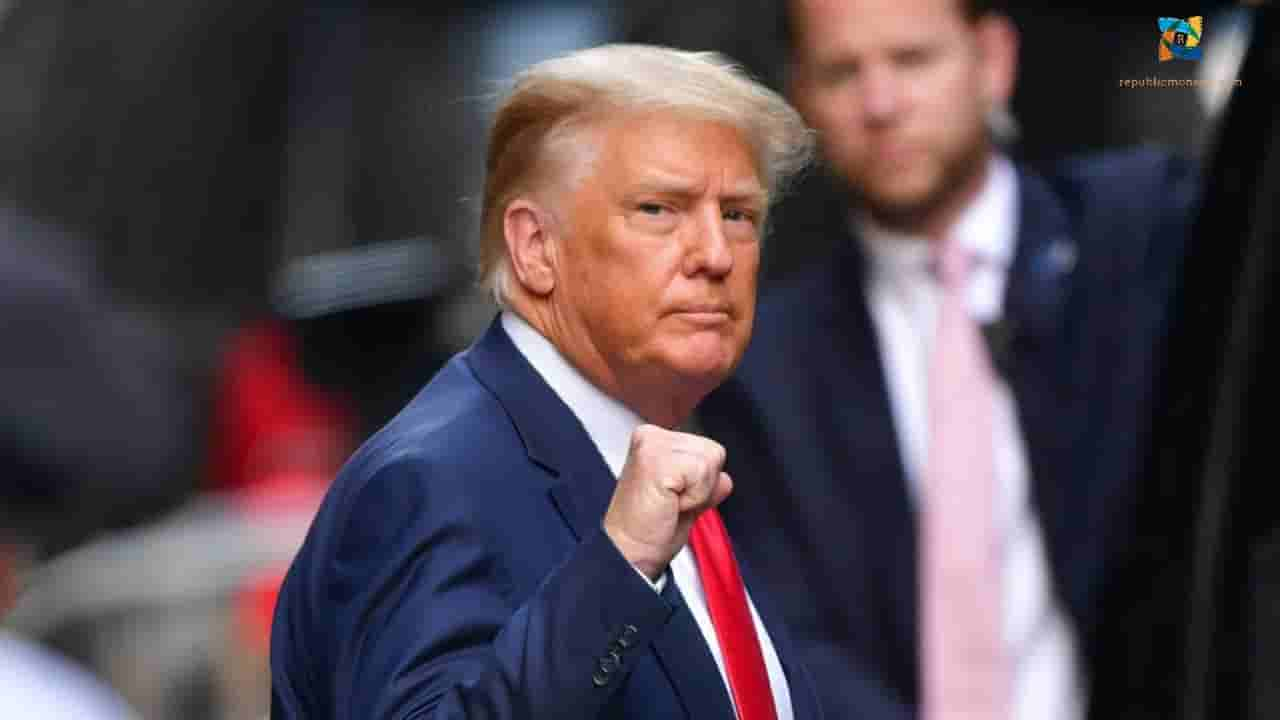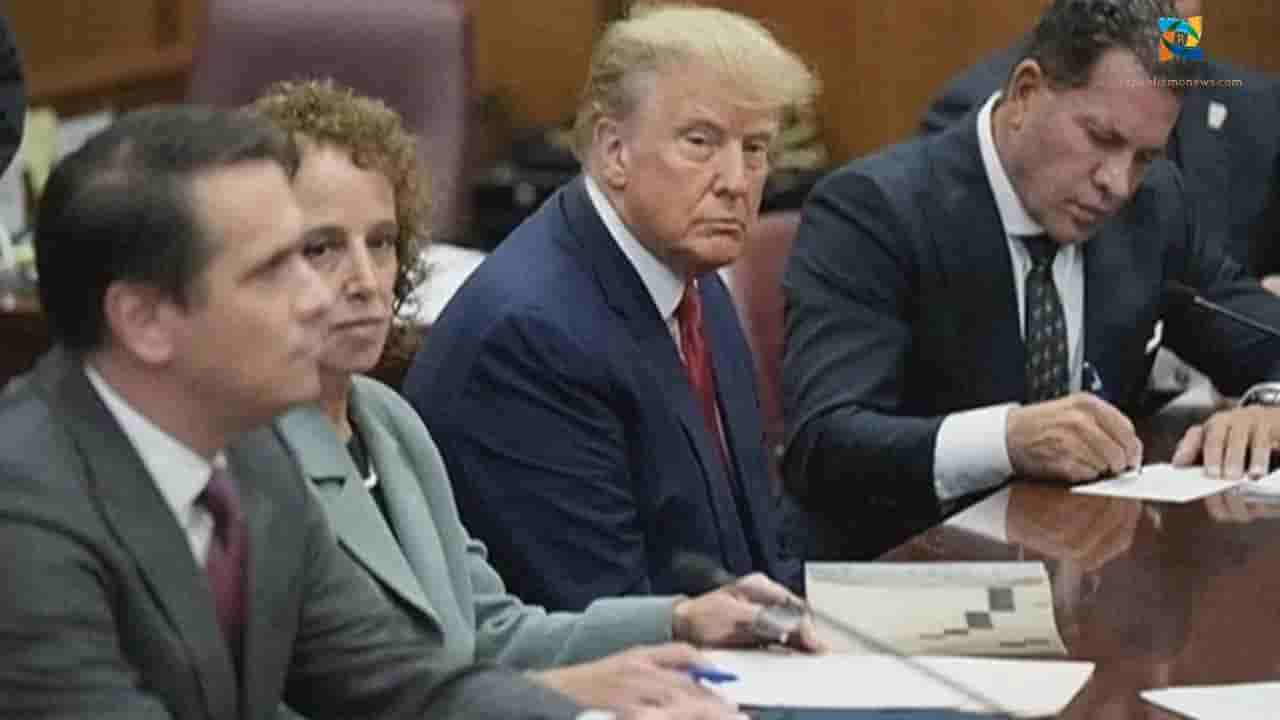If payments made to porn actress Stormy Daniels during Donald Trump’s 2016 campaign were concealed, he might be subject to legal action.

forbes
Press Statements:
A New York grand jury may sentence former US President Donald Trump to prison as early as Wednesday for illegally concealing payments made to porn actress Stormy Daniels during his 2016 campaign. According to media sources, the grand jury has been hearing the evidence of critical witness Michael Cohen, who is reported to have made the payments to Daniels, for weeks. Trump has so far disputed all of the allegations, alleging that extortion was the root of his problems.
What is the Current State of Affairs?
In New York, a person facing an indictment may request that a witness testifies on his behalf. The grand jury is the last judge of whether or not to hear the witness. In light of this, Robert J. Costello, Michael Cohen’s former legal adviser, appeared before a Manhattan grand jury on Monday, as he requested. According to the New York Times, Costello testified against the prosecution witness’s credibility: “I told the grand jury that this guy couldn’t speak the truth if you put a gun to his head.”
What is the Reason behind Trump’s Detention?
Trump might face criminal charges for failing to report payments made to Daniels during his 2016 campaign. According to Reuters, Manhattan County Prosecutor Alvin Bragg confessed before the grand jury that Daniels received $130,000 in exchange for silence about a sex act she had with Trump in 2006.
According to the BBC, the grand jury will decide on criminal charges when the investigation is completed. But, the Manhattan District Attorney will first determine whether to bring controls. The former US president will be the first person to be the focus of a criminal probe.
Moreover, the New York case is one of many pending against Trump. Others are as follows:
- The Georgia election manipulation investigation.
- Federal investigators are looking into his involvement in the 2021 seizure of the US Capitol.
- The safeguarding of sensitive material after he departed the White House.
What Charges May be Levelled Against Trump?
The FBI arrested Cohen in 2018 after searches of his home and company. After that, he pleaded guilty in Manhattan Federal Court to eight offences, including criminal tax evasion and campaign finance violations. Trump reportedly misled Cohen about the purpose of the “hush” payments in a 2018 federal court filing linked to Cohen’s case, claiming they were for a nonexistent legal retainer.
Trump might face charges under Article 175 of the New York Penal Code for falsifying business paperwork. Accounting fraud is a felony punishable by up to four years in prison. Prosecutors would require evidence that Trump instructed his staff to make false entries in business records “with intent to mislead.” For the action to be categorised as a felony rather than a misdemeanour, the aim of committing, aiding, or concealing a “second crime” must be established.
Jack Smith, the federal Justice Department’s special counsel, is investigating “several hundred confidential documents” that Trump kept at his Florida club and mansion after leaving office. Moreover, despite a court order, he resisted efforts by the Justice Department to turn them over, submitting just a few. In August 2022, the FBI issued a search warrant and uncovered 103 more documents in Trump’s possession.
Trump might thus be charged with illegally possessing information of a national security nature. Trump was accused of breaking Chapter 18 of the Espionage Act’s Section 793, which forbids “gathering, revealing, or losing defence secrets.” The FBI also acquired a search warrant for his house. Each classified material may result in a maximum 10-year prison term. The prosecution must provide compelling evidence that Trump held the documents after leaving the White House and prevented their release when it was sought.
The Fulton County District Attorney is investigating the 2020 Georgia state elections. Trump sought to “undo” President Joseph Biden’s win, according to a leaked phone conversation between Trump and Georgia Secretary of State Brad Raffensperger.
Although most election violations are misdemeanours under the 2021 Georgia Code, Trump can still face charges, including Section 21-2-603, which criminalises conspiring with another person to violate election code provisions, and Section 21-2-604, which criminalises causing another person to commit election fraud.
Read Also – 34 counts of felony charges against Donald Trump
















